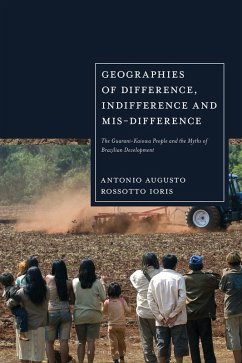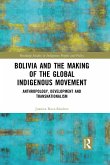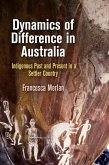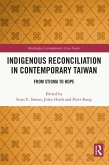World-renowned scholar of human geography, development, and environmental change Antonio Ioris presents an original reconceptualisation of the notions of difference and indifference and their impacts on social structures.
Drawing on a wide range of philosophical debates, and offering groundbreaking new insights into geographically specific trends through the lens of indigenous geographies, Ioris explores how political actors use notions of difference to foster indifference for the purposes of domination, which ultimately crystallizes in what he terms mis-difference: a calcified, difficult-to-overcome obstacle to concord and fairness that underpins capitalist relations of property and production. At the same time, Ioris shows how some social actors use the concept of difference for reconciliation, for overcoming indifference and mis-difference, and suggests how these moves can help to fight against ideologies that produce our unequal world and facilitate land-grabs. Ioris elucidates all of this in concrete terms through a study of the Guarani-Kaiowa people in Brazil: of how they have been oppressed by state-sanctioned indifference and misdifference, and of how they are resisting through a contestation of what difference can mean, and how it can function, in the contemporary world.
Drawing on a wide range of philosophical debates, and offering groundbreaking new insights into geographically specific trends through the lens of indigenous geographies, Ioris explores how political actors use notions of difference to foster indifference for the purposes of domination, which ultimately crystallizes in what he terms mis-difference: a calcified, difficult-to-overcome obstacle to concord and fairness that underpins capitalist relations of property and production. At the same time, Ioris shows how some social actors use the concept of difference for reconciliation, for overcoming indifference and mis-difference, and suggests how these moves can help to fight against ideologies that produce our unequal world and facilitate land-grabs. Ioris elucidates all of this in concrete terms through a study of the Guarani-Kaiowa people in Brazil: of how they have been oppressed by state-sanctioned indifference and misdifference, and of how they are resisting through a contestation of what difference can mean, and how it can function, in the contemporary world.









